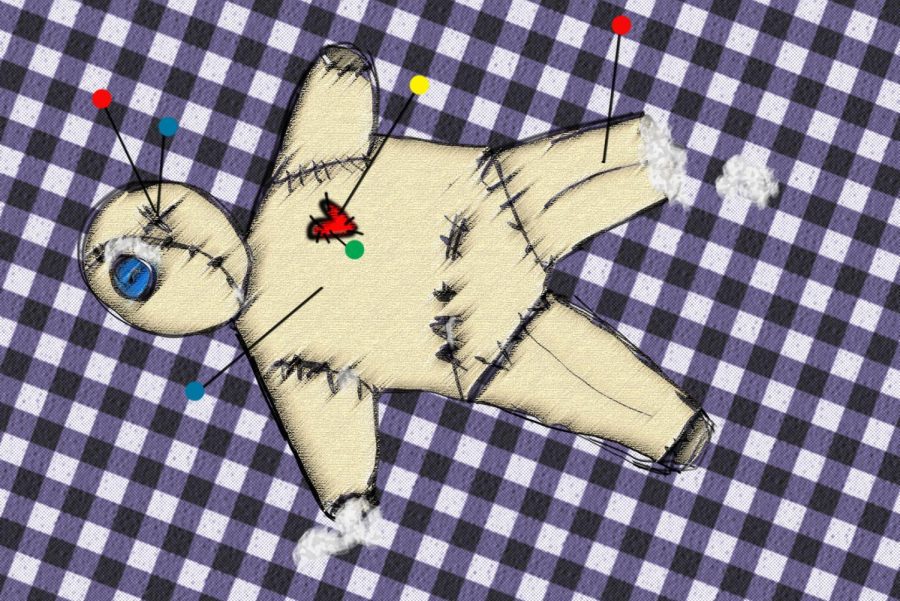Spite is the other side of fairness, study says
Researchers studied the origins of spite
March 31, 2014
A recent study of the ultimatum game, a classic economics experiment that explores cooperation and human fairness, has scientists reevaluating the origin of spite.
According to the study’s findings, published on Feb. 12 in the Proceedings of the Royal Society B, fairness may have evolved in humans as an adaptation to antisocial or spiteful behavior.
Researchers used the ultimatum game, which deals with how people choose to divide a found sum of money or other resources to study how spite and fairness are related. Player one, who proposes how the money should be split, has the advantage over player two, the responder.
According to Rory Smead, co-author of the study and an assistant professor of philosophy at Northeastern University in Boston, the responder’s only move is to accept or deny the proposer’s offer.
Rationality would seem to dictate that the responder accept any offer, since something is better than nothing. But if the responder has ill-feelings toward the proposer he or she may reject the offer keeping money out of the proposer’s hands to his or her own detriment, which we call spite.
“Humans have very clear intuitions about what we think should happen in this game,” Smead said. “We think the proposer should offer a 50/50 deal and the responder should accept, but in practice that doesn’t always happen.”
When researchers perform these types of studies in experimental scenarios, they tend to see responders act spitefully by turning down “unfair” offers to their own detriment, Smead said, adding that this disconnect between the theoretical and the practical begs for an explanation.
In theory, people act altruistically when they can relate to one another. Altruism is measured by positive assortment—the degree to which people see similarities between themselves and their peers—according to Patrick Forber, an associate professor of philosophy at Tufts University in Massachusetts.
But introducing negative assortment to the ultimate game model often makes players act more fairly than researchers expected, Forber said, which reduces spitefulness.
“When you promote spite, it creates an incentive for other players to take advantage of opportunities to make spiteful choices toward you,” Smead said.
According to Alex Shaw, a postdoctoral fellow at the Booth School of Business at the University of Chicago, the odds of generating the level of negative assortment needed for spite to evolve are very low.
“We know from our own lives that there are many contexts in which people are fair and many contexts in which they are unfair, and this model can’t capture any of that,” Shaw said.
Forber said there is some controversy surrounding interpretation of the experimental results, but the human tendency to make fair offers and punish unfair offers is widespread. Smead said the study models should not necessarily stand in for daily human interactions but rather speak to the behavior or populations as a whole.
“I’d say what we can take from this is that new evolutionary possibilities are opened up,” Forber said. “This breaks the chain between fair behavior and altruism.”








